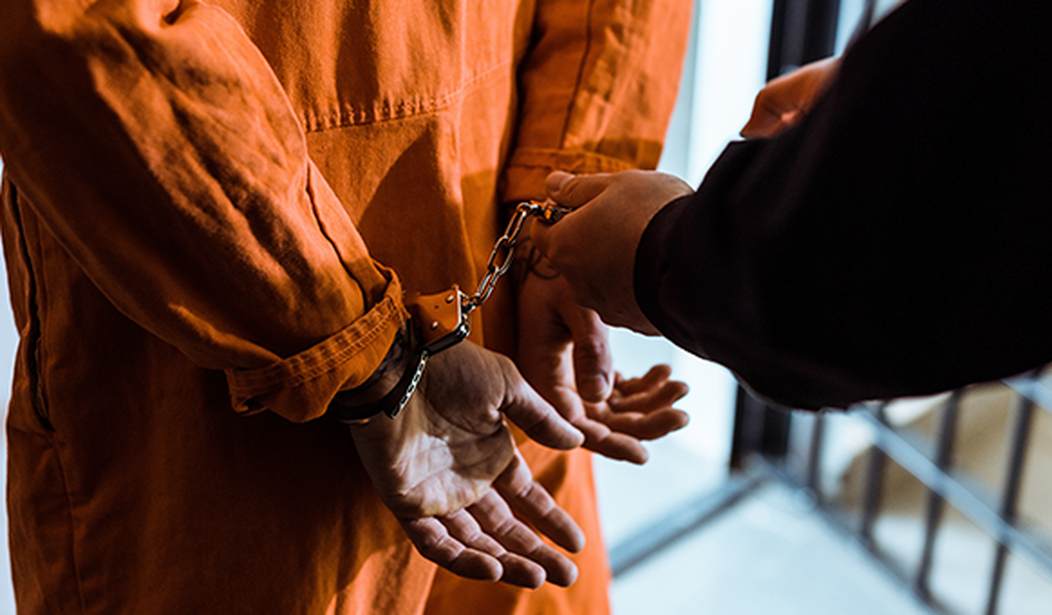At first glance, this recent story from CBS News in Chicago is sadly not at all unusual. On Thursday, a 27-year-old woman on the West side was physically assaulted and robbed. Previously, the same assailant allegedly committed similar assaults and robberies against a 20-year-old woman and a 16-year-old girl in nearby West Garfield Park. When police finally caught up to him, he resisted arrest and fought with them. But we don’t have a name for the suspect because he was also only 16 years old, so his identity is being shielded as a minor. What do you suppose is going to happen to him now?
A teenage boy was charged in connection to three robberies on the city’s West side.
Chicago police arrested the 16-year-old Thursday afternoon, in the 4000 block of West Lake Street in West Garfield Park.
Police say he was identified as the suspect who forcefully took property from a 27-year-old woman on the same block just minutes earlier.
Initially, the boy was charged with three felony counts of robbery and two misdemeanor counts of resisting arrest and battery. But as you would imagine, public defenders are already pushing to have his case handled in juvenile court, where he will almost certainly be released and directed to some sort of “rehabilitation” program instead of serving any time. In other words, it’s quite likely that he will be back out on the streets holding people up in no time.
This is a pattern that has been repeating itself in Chicago for years and we’ve seen it in many other large cities. Liberal prosecutors are all too willing to essentially turn a blind eye to serious crimes being committed by teenagers, boasting of their efforts to empty the jails and establish racial justice or whatever.
The reasons for these arbitrary decisions date back a long way and at least at one point, they made sense. Children were assumed to be the responsibility of their parents or guardians. If they occasionally misbehaved, it was best to allow the family to punish them, ground, them, or do whatever was required to get them in line. And that frequently (though not always) worked out fairly well.
But that was back in the old days and the world has changed. Particularly in our large, blue cities, gangs recruit children at increasingly younger ages. And they use them for all manner of crimes, knowing that they’ll be “back on the job” in no time. And all too often, these kids don’t have anyone at home who is willing or able to discipline them. By the age of 16, they may not even be living at home anymore.
Isn’t it time that we rethink the entire juvenile court system? Clearly, we aren’t going to start locking up six-year-olds, even if they bring a gun into school. But the default age for suspects to be tried in adult courts really needs to be a bit lower. Yes, there are cases where some juveniles are charged as adults, but that’s generally only in the most heinous of crimes. Also, the criminal records of some of these serial offenders should be opened up so the courts know what they’re dealing with. The minimum age should drop from 18 to 14, in my opinion, with the option of being sent to juvenile court being kept open for more minor crimes and first offenders.









Join the conversation as a VIP Member